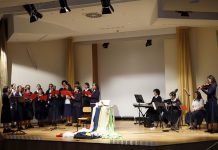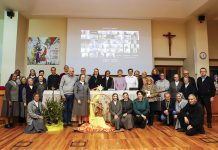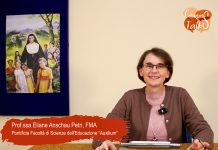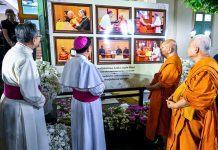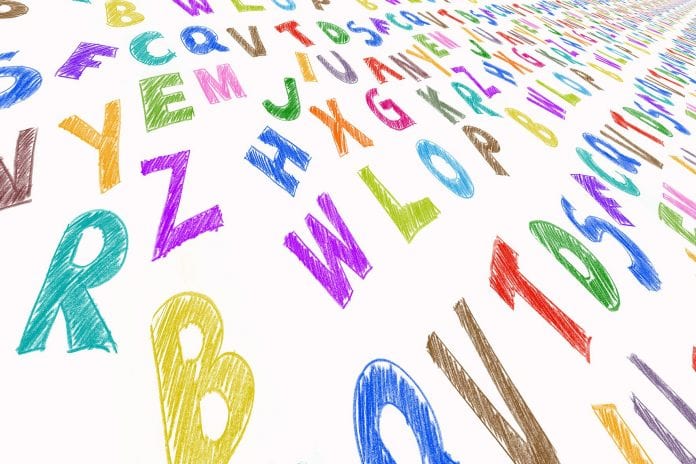Rome (Italy) On September 8, we celebrate International Literacy Day (ILD), instituted in 1966 by the United Nations for education, science, and culture (UNESCO) which reminds the international community of the importance of literacy for every person and for communities and the need to increase efforts towards a more literate society.
From data from UNESCO, with 773 million adults and young people lacking basic literacy skills and 617 million children and adolescents who do not reach the minimum levels of proficiency in reading and mathematics, literacy emerges as an open challenge.
Objective 4 of Agenda 2030 for sustainable development requires providing quality, equitable, and inclusive education, and learning opportunities for all.
Pope Francis, in the Discourse to the participants in the Plenary Assembly of the Congregation for Catholic Education of 20 February 2020, highlighted that “education is an inclusive movement. An inclusion that goes for everyone: those for poverty, for vulnerability due to wars, famines, and natural disasters, for social selectivity, for family, and existential difficulties. […] Today it is necessary to accelerate this inclusive education movement to stem the throwaway culture, originating from the rejection of fraternity as a constitutive element of humanity”.
The theme for International Literacy Day 2020 – “Teaching and learning literacy in the Covid-19 crisis and beyond” – pays particular attention to the role of educators and to changing pedagogies. During the initial phase of the pandemic, the closure of schools led, in fact, to the interruption of education for 62.3% of the world student population, which has 1.2 billion students. The theme also highlights learning from a lifelong perspective, so the focus is mainly on young people and adults.
The Day offers the opportunity to reflect and discuss on how to use innovative and effective pedagogies and teaching methodologies in literacy programs for young people and adults, in order to tackle the pandemic and beyond. It presents the theme of the role of educators, and effective measures that can support educators and learning.
These are educational and social challenges: “giving priority to the formation of the educators“, to lead children, adolescents, and young people to become protagonists of their own future. “We aim to create an environment of serious research, communication of intent, and educational passion. We believe, in fact, that forming together, sharing faith and mission within the educating community, in a network with other members of the Salesian Family, help the growth of people to become protagonists of their own history and of the search for the common good” (cf. Guidelines for the educational mission of the Daughters of Mary Help of Christians).



